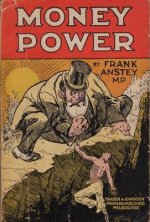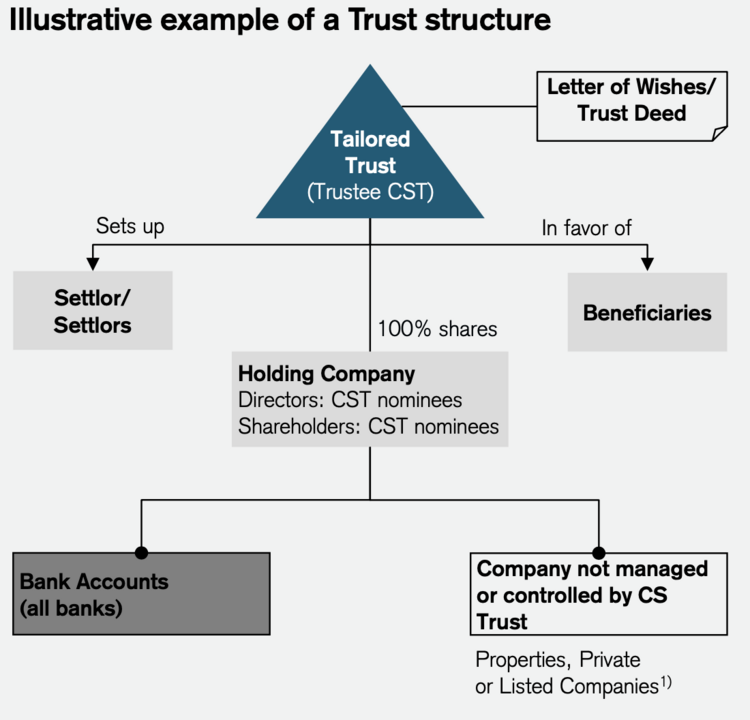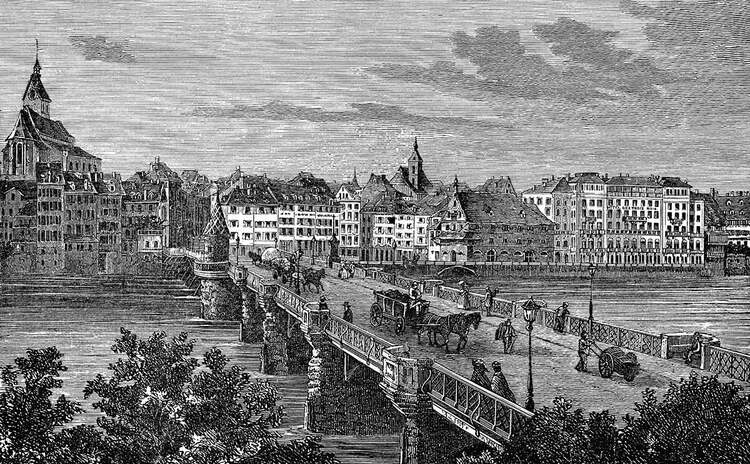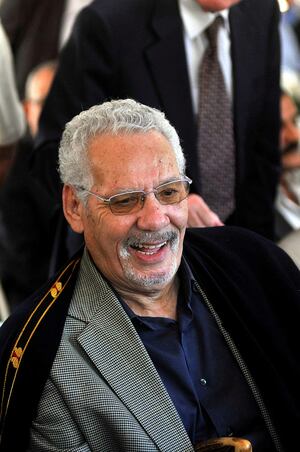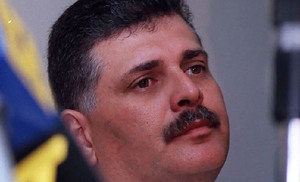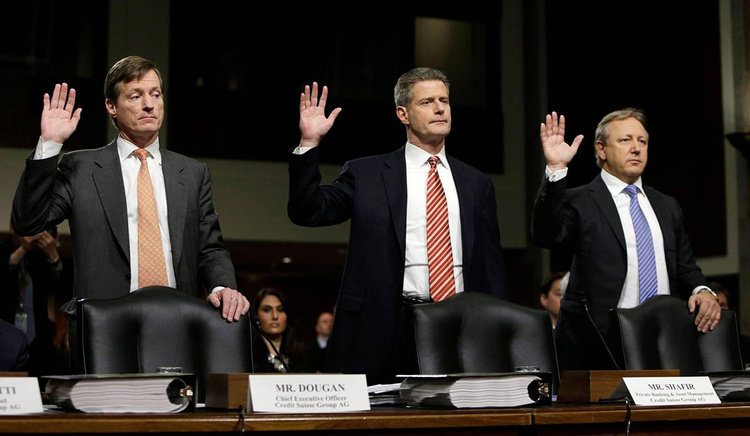Petrochemical
Active member
i didn't know we got free spanish history channel here
Iknow right God forbid you get a history lesson in a little bit of Education while you're here watching people have pissing contest and play grab- grab-ass online, as for the paella if it's Seafood who in their right mind wouldn't pay for that?




